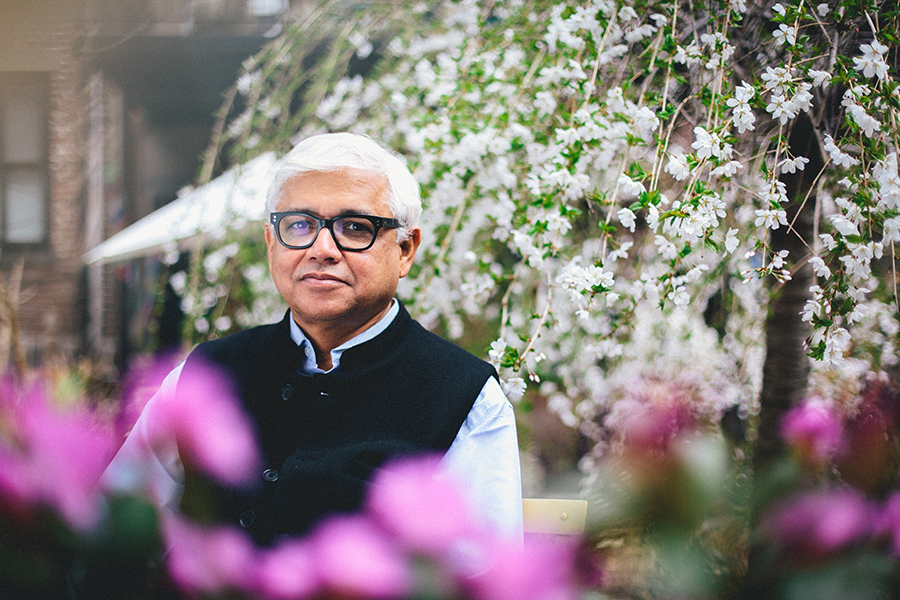Environmental Humanities Graduate Program Will Award Indian Novelist Amitav Ghosh with the Inaugural Utah Award in the Environmental Humanities
 The University of Utah’s Environmental Humanities graduate program will award Indian
novelist Amitav Ghosh with the inaugural Utah Award in the Environmental Humanities on Monday, March 26
at 7:00pm at the Salt Lake City Main Library.
The University of Utah’s Environmental Humanities graduate program will award Indian
novelist Amitav Ghosh with the inaugural Utah Award in the Environmental Humanities on Monday, March 26
at 7:00pm at the Salt Lake City Main Library.
“We are thrilled to bring an environmental thinker of Amitav Ghosh’s status to campus,” said Jeff McCarthy, director of the Environmental Humanities program. “His writing imagines new tools for collaborative living in a new climate.”
The $10,000 award will be an annual celebration of environmental leadership and expression and honor those who solve the planet’s environmental problems using the tools of the humanities such as creative expression, scholarly research, popular art forms and advocacy.
“The award is the world’s first prize in the field of environmental humanities. It celebrates and validates the recipients while putting their goals in the spotlight. It also puts the U on a national stage, and further distinguishes our environmental humanities graduate program,” added McCarthy.
Recipients of the award will travel to Salt Lake City for a public reception, give a lecture about the role of the environmental humanities and engage with students, faculty and the community. Ghosh will visit the U campus in March 2018.
Ghosh has written ten novels and several books of non-fiction including 2016’s “The Great Derangement: Climate Change and the Unthinkable.” Ghosh’s work has been translated into twenty languages and published in myriad outlets including The New Yorker, The New Republic and The New York Times. His writing focuses on environmental consciousness in the most difficult circumstances of a multi-cultural, globalized and interdependent world.
Since 2006, the environmental humanities graduate program housed in the College of Humanities has been training the next generation of leaders to become academics, activists and artists for the causes they care most about.
“Our students come from around the world to study in the American west with committed faculty, impressive field stations and full-fellowships. They leave with jobs in non-profits, careers in the arts and positions in excellent doctoral programs and professional schools,” concluded McCarthy.
